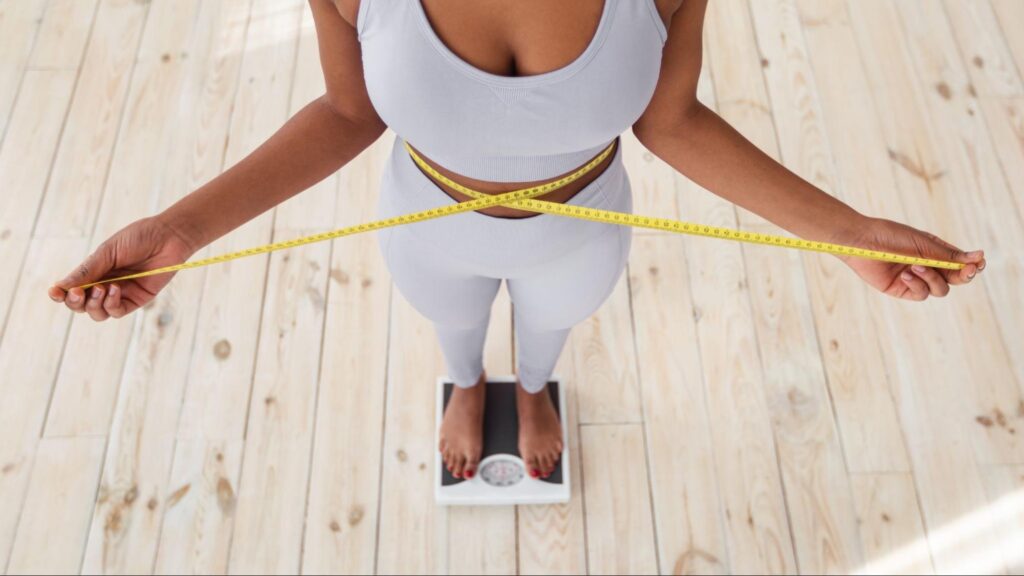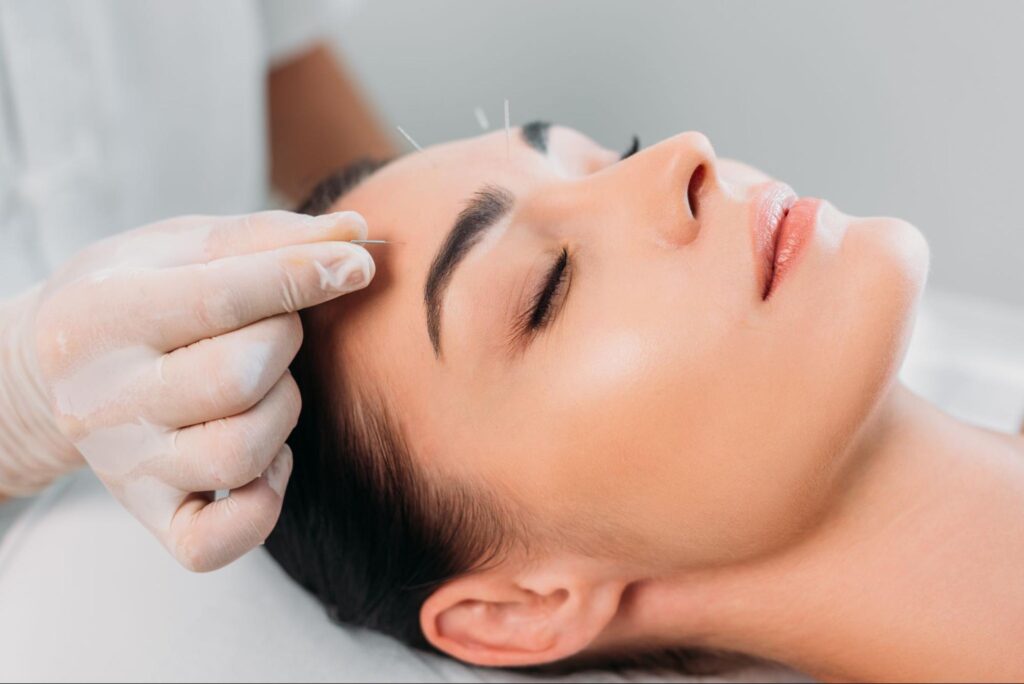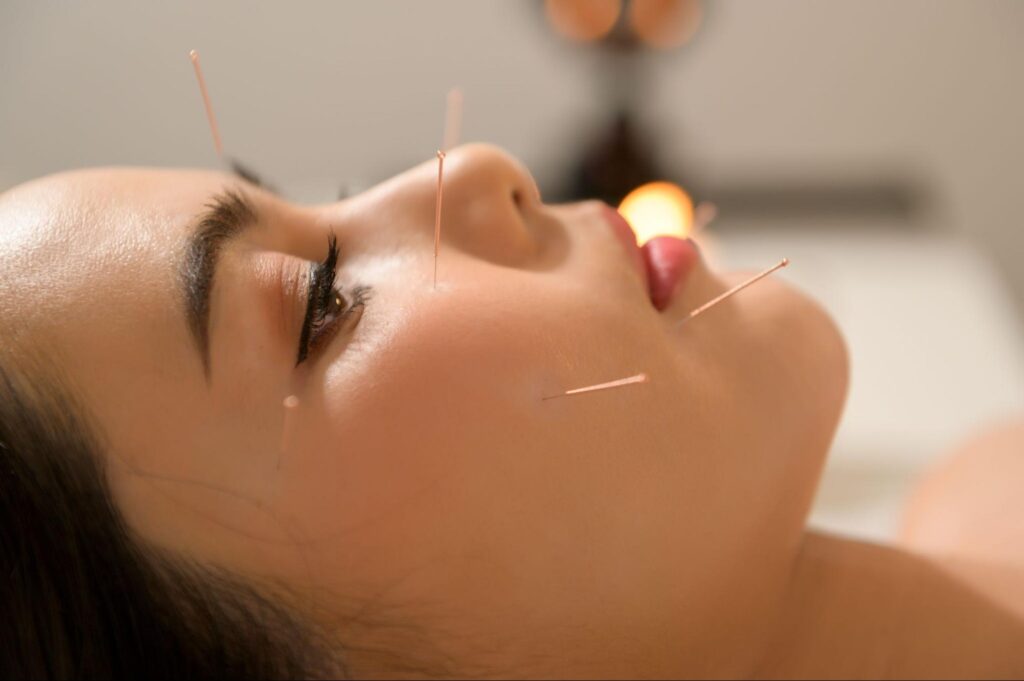
Acupuncture has long been practiced as a healing therapy, but one question remains: does it hurt? Many are curious about the benefits, but the thought of needles causes hesitation. That is especially true for people unfamiliar with acupuncture, where visions of sharp instruments might dominate their imagination. The truth is, acupuncture isn’t about inflicting pain but alleviating it.
History of Acupuncture
Acupuncture has deep roots in Traditional Chinese Medicine (TCM) and dates back over 2,000 years. It originated in ancient China and was developed to balance the body’s life force, or “Qi,” which flows through specific pathways called meridians. Ancient Chinese physicians believed that disruptions or blockages in this energy flow could cause illness, and acupuncture was used to restore harmony and balance.
Over centuries, acupuncture has evolved and spread worldwide, gaining recognition as a valuable therapeutic tool. Today, it’s not only a cornerstone of TCM but is also widely practiced in modern integrative medicine, where it’s used to treat various conditions. Its long history and continued use underscore its effectiveness and appeal to those seeking natural healing methods.
Scientific Support for Acupuncture’s Effectiveness
Acupuncture has gained attention in modern medicine due to its effectiveness in treating pain, stress, and other health issues. Scientific research supports its use for various conditions, especially chronic pain. For example, a study published by the National Institutes of Health (NIH) found that acupuncture can significantly reduce pain levels in patients suffering from osteoarthritis, migraines, and chronic back pain.
Another central review conducted by the Cochrane Collaboration revealed that acupuncture could effectively relieve tension headaches and help manage symptoms of anxiety and depression. The World Health Organization (WHO) also acknowledges acupuncture as a viable treatment for over 100 conditions, ranging from respiratory disorders to digestive issues. These studies show that acupuncture is more than just an ancient practice—it’s a validated and effective method of improving health.
What to Expect During an Acupuncture Session
The process typically begins with a consultation, during which the practitioner assesses your health and goals. Once the treatment plan is established, you lie down while thin needles are inserted into specific points on your body to balance energy, known as “Qi.” The very fine needles are then placed quickly and often cause only a light prick or mild sensation.
The needles remain in place for about 20-30 minutes, and you are encouraged to relax. The practitioner may adjust the needles slightly during the session, then remove them, leaving you relaxed and calm. The process is straightforward, and any initial discomfort is usually brief and minimal.
Understanding the Sensations of Acupuncture
A common concern with acupuncture is whether it causes pain, but in most cases, it is much less uncomfortable than expected. Acupuncture needles are fragile and much finer than those used for injections, and most people describe the sensation as a light tingling or dull ache rather than a sharp pain. The initial feeling when the needle enters is often brief, and discomfort typically fades within seconds.
For the majority, the insertion feels like a gentle pinch or pressure. If any significant discomfort occurs, practitioners can adjust the needles to ensure a more comfortable experience. Acupuncture promotes healing and relaxation, with minor sensations being short-lived and manageable for most individuals.
Factors That Can Influence Acupuncture Sensations
Sensations during acupuncture can vary depending on several factors. These include the practitioner’s skill, the placement of the needles, and the individual’s sensitivity.
Practitioner’s Skill and Experience
The practitioner’s experience and technique play a significant role in minimizing discomfort. Skilled acupuncturists know how to insert needles gently and adjust them as needed to ensure comfort throughout the session.

Needle Placement
The location of the needle placement also matters. Certain areas of the body may be more sensitive than others. For example, the hands and feet can feel more intense sensations than larger areas like the back or abdomen.
Mental and Emotional State
Mental state can influence how sensations are perceived. Being nervous or anxious may heighten your sensitivity to the needles, making the sensations feel more potent than they are. Staying calm and relaxed can help ease these feelings.
Individual Sensitivity
Everyone’s body responds differently to acupuncture. While some individuals feel little sensation, others might experience mild tingling or pressure. This variance depends on personal sensitivity, but practitioners always aim to adjust treatment based on your feedback.
Acupuncture isn’t a one-size-fits-all experience. Thus, sensations can differ. Understanding these factors can help manage expectations and reduce anxiety.
Types of Sensations You May Feel
The sensations you may feel during acupuncture are varied but rarely painful. Here are some familiar sensations:
Tingling
Tingling is one of the most common sensations, often described as a mild electric or buzzing feeling as the body reacts to the needle’s placement.
Dull Ache
A slight pressure or dull, heavy feeling around the needle is natural. This sensation indicates that the acupuncture point is activated and can feel like a gentle reminder that the needle is in place.
Warmth
Some people feel warmth radiating from the needle insertion point, often a sign of increased blood flow and energy circulation.
Twitching
Occasional muscle twitching can occur, a normal reaction to the stimulation of acupuncture points. It typically subsides quickly and shouldn’t be uncomfortable.
The key is to remember that these sensations are normal and often indicate that acupuncture works. If a sensation feels too intense, discuss any concerns with your practitioner.
How People Experience Acupuncture Differently
People’s experiences with acupuncture vary depending on their pain tolerance and body sensitivity. Those with higher pain tolerance may barely notice the needles, while more sensitive individuals might feel a brief, stronger sensation during insertion.
For many with chronic pain, the relief provided by acupuncture outweighs any initial discomfort. Even first-timers often find the sensation less intense than anticipated, and many grow more comfortable with each session. Ultimately, acupuncture sensations are manageable, and practitioners adjust treatments based on individual needs.
Benefits of Acupuncture Despite the Initial Sensations
While there may be initial sensations during acupuncture, many people find the benefits far outweigh any minor discomfort. Here are some key advantages:
Pain Relief
Acupuncture is widely known for its ability to relieve pain. Whether it’s chronic back pain, neck stiffness, or joint discomfort, many people turn to acupuncture to help reduce or eliminate pain.
Stress Reduction
Acupuncture’s calming nature helps alleviate stress by promoting relaxation. It affects physical well-being and helps with mental clarity and emotional balance.
Improved Sleep
Many patients find that acupuncture improves their sleep. The relaxation that acupuncture promotes often extends into better sleep quality, as it calms the nervous system and helps with insomnia or restlessness.
Boosted Immune System
Acupuncture has been shown to strengthen the immune system. Stimulating specific points enhances the body’s natural defenses, making it more efficient at fighting off infections.
Acupuncture’s benefits extend far beyond any brief discomfort. Many people find that it contributes to their overall mental and physical well-being.
What You Can Do to Minimize Discomfort
If you’re concerned about discomfort during acupuncture, there are steps you can take to make the experience as smooth as possible. Here are some practical tips:
Communicate With Your Practitioner
Always let your practitioner know if you feel discomfort. They can adjust the placement or depth of the needles to ensure the experience remains comfortable.
Focus on Relaxation
Try to stay relaxed during the session. Taking deep breaths and focusing on relaxing your body can help reduce sensitivity to the needles.
Wear Comfortable Clothing
Loose clothing allows for easier access to acupuncture points, reducing any need for unnecessary adjustments during the session.
Stay Hydrated
Drinking plenty of water before and after your session can help your body heal and reduce discomfort.
These tips can help create a more comfortable acupuncture experience. With open communication and preparation, most concerns about discomfort can be minimized.
Aftercare Tips for Maximizing the Benefits of Acupuncture
After an acupuncture session, what you do can be as important as the treatment. Follow a few simple aftercare tips to get the most out of your session. First, stay hydrated. Drinking water helps your body process and release toxins that may have been stirred up during treatment, promoting overall healing.
It’s also beneficial to rest and relax after your session. Avoid strenuous activities for the remainder of the day to allow your body to integrate the treatment. Many people find that taking a nap or engaging in light stretching or meditation helps extend the calming effects of acupuncture. Lastly, listen to your body. If you feel unusually tired or energized, let yourself adjust naturally, and consider scheduling follow-up sessions as your practitioner advises to maintain the benefits.
Acupuncture vs. Other Forms of Needle Therapy
When compared to other forms of needle-based therapies, acupuncture is typically far less painful. Here’s how it compares:
Injections
Needles used in medical injections are much thicker than those used in acupuncture. As a result, medical injections often result in more discomfort or pain than acupuncture.
Dry Needling
This therapy to target muscle knots involves deeper needle insertion and can cause more intense sensations than acupuncture. It’s often described as more painful by those who have tried both.
Tattooing
Tattoo needles puncture the skin repeatedly, creating a much more intense and prolonged sensation compared to acupuncture, which uses finer needles and less frequent insertion.
Blood Tests
Blood tests use larger needles, which often cause more noticeable pain than acupuncture’s fine, gentle needles.
Compared to other forms of needle therapy, acupuncture is minimally invasive. The thin needles help ensure that the process remains gentle and tolerable for most people.
Embracing Acupuncture for a Healthier You
If you’ve been hesitant to try acupuncture due to concerns about pain, you must know that the sensations are often mild and brief. For most, the experience is surprisingly gentle, offering relaxation and healing rather than discomfort. Acupuncture’s benefits—whether for pain relief, stress reduction, or overall well-being—far outweigh any fleeting sensations you might feel during the session.
This ancient practice has helped countless individuals achieve better health, and can do the same for you. By taking that first step and scheduling a session, you may discover how powerful and therapeutic acupuncture truly is. Give your body the chance to heal in a natural, balanced way, and you may find it a life-changing approach to wellness.
Visit our 간송한의원123 Acupuncture & Herbs blog for more insights to enhance your wellness journey.




